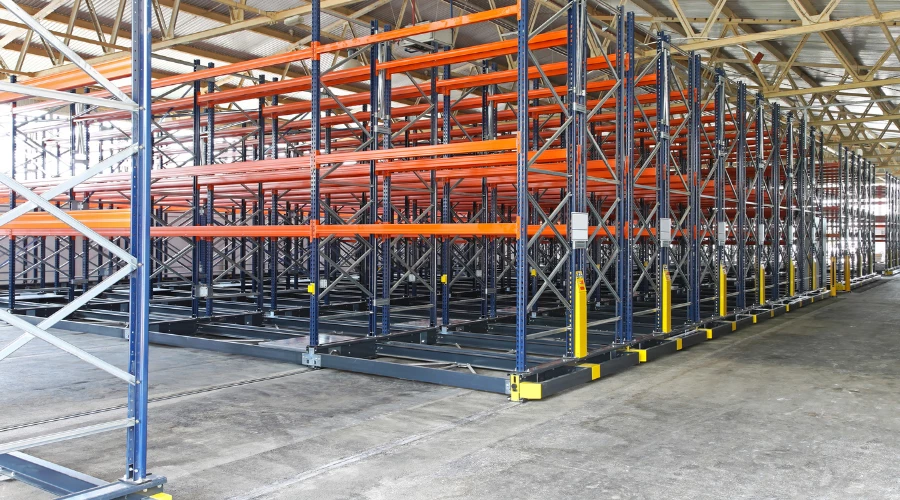
When checking out the shelf systems in your storage area, there are some pitfalls to avoid. These errors can be costly, time-consuming, or, better yet, lower results. If you are looking for a mobile shelf plan, you are trying to increase the efficiency of the organization and the productivity of the staff. That requires planning.
Not to planning or considering the space requirements:
Planning the required storage space is important. Floor space is very high in warehouses, and upgrading the space is a major reason to purchase mobile shelves. Availability of space is also determined by the holding material used by your staff.
When planning to install mobile shelves, you must plan the quantity, size, and weight of the inventory that these shelves will support.
This allows you to determine how many racking units will need, how many units your storage space can allow, and the type. For example, if you need racks for storing rods, tubes, pipes, bar stock, and lumbar, you may want to investigate mobile cantilever racking systems.
Storage and recovery process:
The storage process in the warehouse is influenced by a few planning and environmental factors. How you plan to dock, receive, and store determines the appropriate storage solutions. This includes FIFO and LIFO - two management systems that you will use in the storage and distribution sector.
FIFO is an acronym for "first entry, first exit." This means that the first thing that comes into your place is the first thing that comes out. FIFO is often required for perishable goods.
LIFO stands for "save the entry, first exit." In a LIFO structure, the last item entering the warehouse is the first item to be sold or removed from stock.
You should also consider that the type of mobile shelf system is compatible with any automatic retrieval and storage system you have or intend to install. They can store inventory on-demand using different methods.
Material selection:
Whether you choose mobile or standing shelves, the equipment you choose should be in line with the environment. If your shelf units are going to be supporting heavy machine parts, castings, and dies, you need to be aware of weight limitations. If your shelf is to be kept in a place with high humidity or cold, it is advisable to look for a good level of corrosion resistance.
Additionally, in those warehouses where forklift traffic is high, you should respond with the ability of a stocking system to withstand impact damage. In addition, the type of inventory that manages regularly also affects the suitability of the shelf storage system.
Overloading:
It is not good enough to know the weight limits you will need when ordering a shelf. You should also ensure that your employees are adequately trained and understand the proper loading procedures. Overloading the shelf system, or in terms of weight or volume, can cause damage to the system and, possibly, collapse.
Misuse:
If your shelf systems keep sales or inventory at elevated or inaccessible heights from selectors and other employees, there may be a reason to measure the shelf unit to retrieve it. This can cause damage to your employees and damage both sales and the shelf system.
Failure to check the status:
You should periodically check the condition of the shelf systems, whether they are mechanical or robust, to ensure that they are not damaged by the impact of the forklift or other causes. If repairs are needed, be sure to do so as soon as possible. A damaged shelf system is not just about pulling potential resources - it is a potential security risk.
At 13SQFT.com, we are proud to discover cost-effective and flexible storage solutions for warehouses, factories, offices, and other industries such as health care, restaurants, and law enforcement. Whether used mechanically or electronically, Mobile storage systems are very close and can provide you with the extra space you need to be successful. We will help you determine the best mobile shelf for your business.
POSTED BY
Team 13SQFT